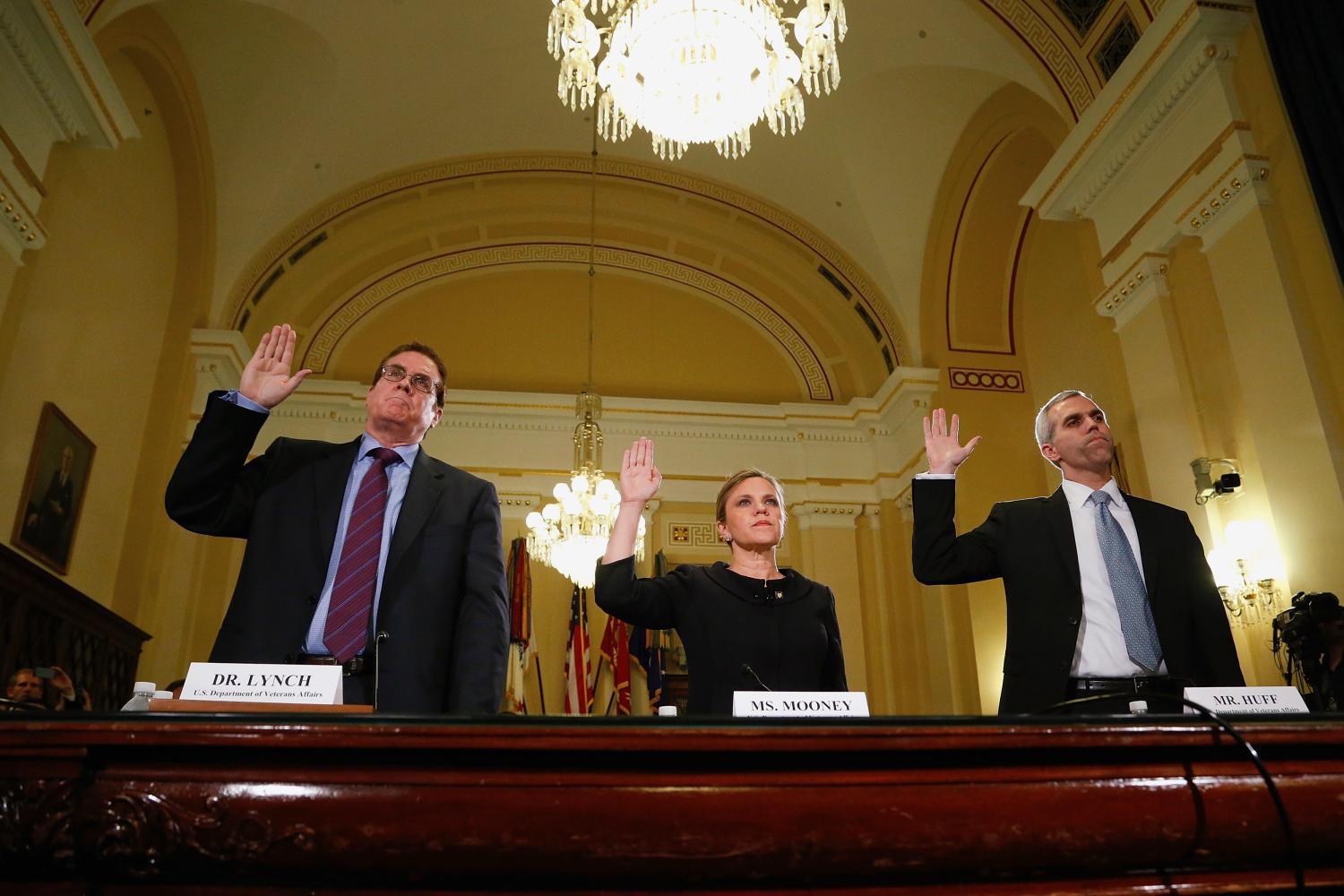As the front line against waste, fraud, and abuse in government, Offices of Inspectors General (OIGs) are tasked with providing independent and thorough analyses of federal agency operations. Despite this clear and essential mandate, political pressure can get in the way of an OIG doing its job. Political influence can manifest in the stalling of investigations; making certain staff unavailable; providing slow or incomplete responses to requests; or creating a general cultural that is uncooperative. Take, for example, the case of the Department of Homeland Security OIG, where a politically-minded chief officer interfered with the investigation of alleged misconduct within the scandal-ridden Secret Service.
In this paper, Senior Fellow John Hudak and Senior Research Assistant Grace Wallack examine the efficacy of OIGs and empirically analyze the impact that politicization has on their levels of effectiveness. The authors’ findings, which build upon their work in a previous paper, include:
- OIGs are smart investments in good government: Almost every federal OIG has a positive return on investment (ROI).
- Political influence in a federal agency is associated with decreased effectiveness of the agency’s OIG. The researchers utilized three measures of political influence in their analyses: the Lewis politicization measure; the number of political appointees in an agency; and the number of Senate-confirmed appointees in an agency. No matter what measure of political influence was used, Hudak and Wallack found that politicization negatively impacts an OIG’s ROI.
- The strongest negative effect comes from the presence of Senate-confirmed appointees—appointees who tend to be the closest with the president and are among the most political. Agencies with a higher number of these officials see the most drastic decrease in OIG effectiveness.
- The influence of political appointees is enhanced in small OIGs; those offices that are understaffed relative to the size of their agency. The negative impact of Senate-confirmed appointees on IG effectiveness is more than four times greater in understaffed OIGs than in well-staffed ones.
“If Congress is serious about protecting the integrity of IGs, saving taxpayer money, and preventing waste, fraud and abuse in the executive branch,” write Hudak and Wallack, “they must do their best to guard against political influence.” They conclude by offering concrete recommendations to protect OIGs from the insipid effects of such influence.



